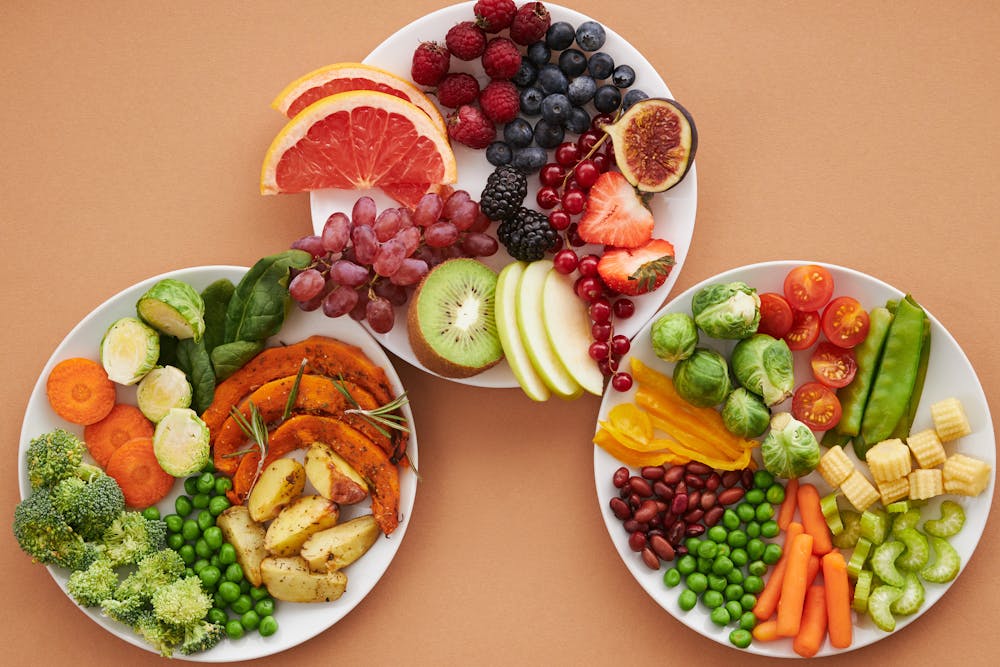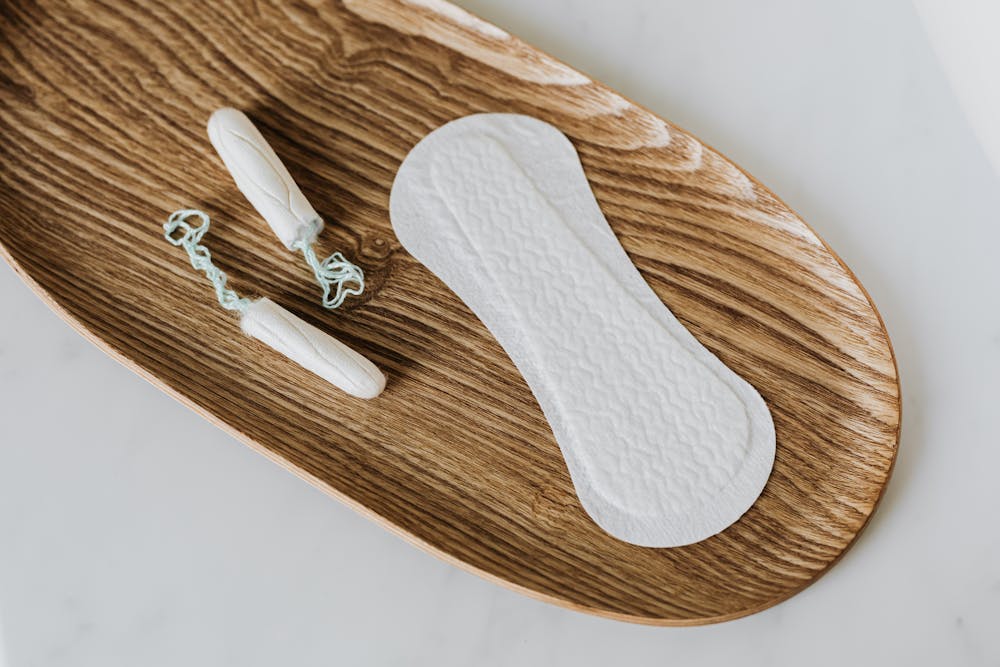As I embark on my journey to prioritize healthy eating and streamline my meal preparation process, I’ve discovered the invaluable practice of meal planning. Meal planning isn’t just about saving time and money; it’s about fostering healthy eating habits, minimizing food waste, and ensuring that nutritious meals are readily available throughout the week. Here are some tips I’ve found helpful for mastering the art of meal planning and efficient meal prep:
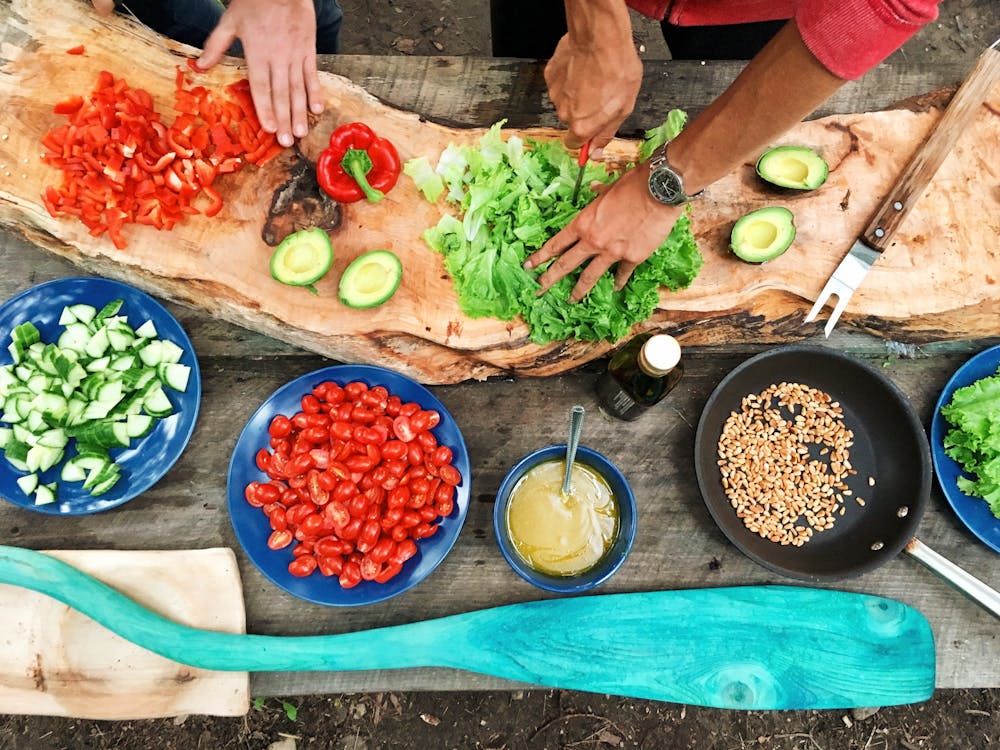 1. **Set Aside Time for Planning:** Dedicate a specific time each week to plan your meals. This could be a weekend morning or any other convenient time when you have a few uninterrupted moments to brainstorm meal ideas, create a shopping list, and map out your week’s meals.
1. **Set Aside Time for Planning:** Dedicate a specific time each week to plan your meals. This could be a weekend morning or any other convenient time when you have a few uninterrupted moments to brainstorm meal ideas, create a shopping list, and map out your week’s meals.
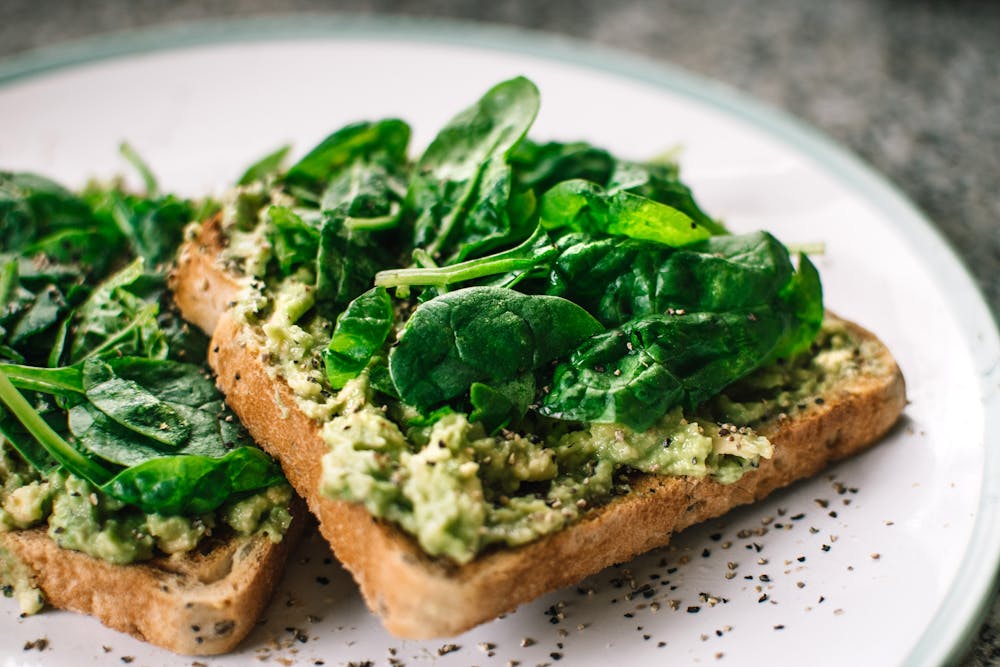 2. **Start with a Template:** Create a meal planning template or use a meal planning app to organize your meals for the week. Consider factors such as dietary preferences, nutritional goals, and any special occasions or events that may impact your meal choices.
2. **Start with a Template:** Create a meal planning template or use a meal planning app to organize your meals for the week. Consider factors such as dietary preferences, nutritional goals, and any special occasions or events that may impact your meal choices.
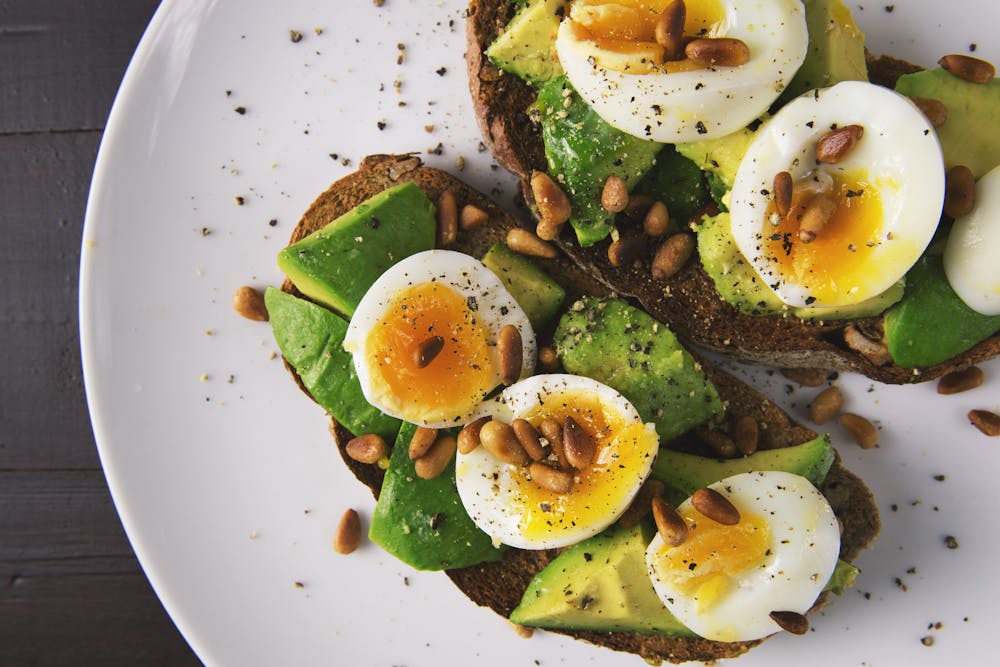 3. **Plan Balanced Meals:** Aim for balanced meals that include a variety of nutrient-rich foods from all the food groups. Incorporate lean proteins, whole grains, plenty of fruits and vegetables, and healthy fats into your meals to ensure that you’re meeting your nutritional needs and staying satisfied throughout the day.
3. **Plan Balanced Meals:** Aim for balanced meals that include a variety of nutrient-rich foods from all the food groups. Incorporate lean proteins, whole grains, plenty of fruits and vegetables, and healthy fats into your meals to ensure that you’re meeting your nutritional needs and staying satisfied throughout the day.
 4. **Batch Cooking and Prep:** Embrace batch cooking and meal prep to save time and effort during the week. Cook large batches of grains, proteins, and vegetables ahead of time and portion them out into individual containers for quick and convenient meals and snacks.
4. **Batch Cooking and Prep:** Embrace batch cooking and meal prep to save time and effort during the week. Cook large batches of grains, proteins, and vegetables ahead of time and portion them out into individual containers for quick and convenient meals and snacks.
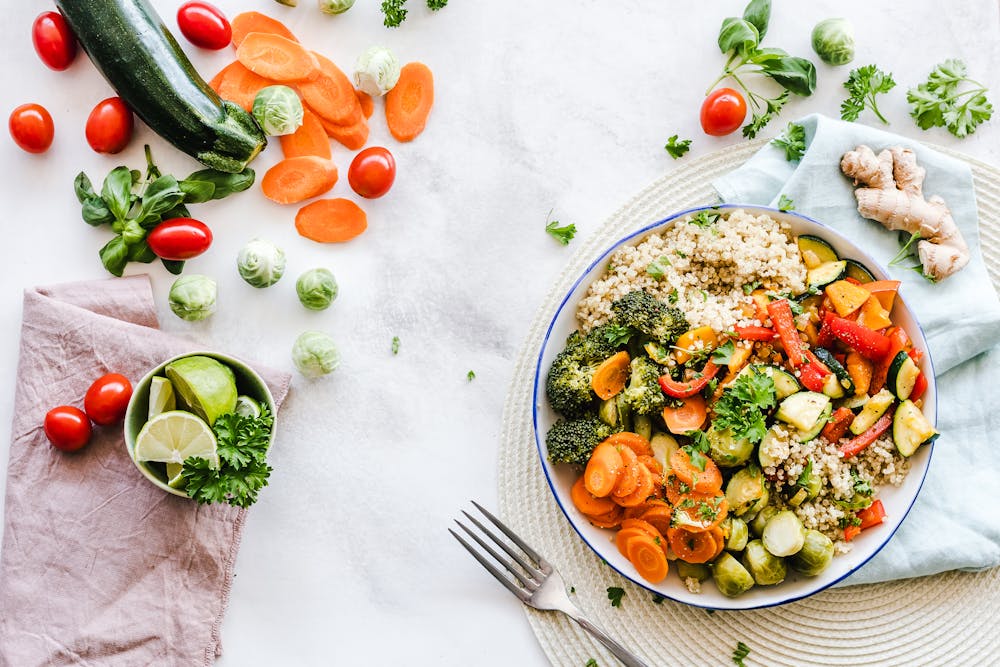 5. **Use Versatile Ingredients:** Choose versatile ingredients that can be used in multiple dishes throughout the week. For example, roasted vegetables can be added to salads, grain bowls, wraps, and pasta dishes, while cooked quinoa or brown rice can serve as the base for a variety of meals.
5. **Use Versatile Ingredients:** Choose versatile ingredients that can be used in multiple dishes throughout the week. For example, roasted vegetables can be added to salads, grain bowls, wraps, and pasta dishes, while cooked quinoa or brown rice can serve as the base for a variety of meals.
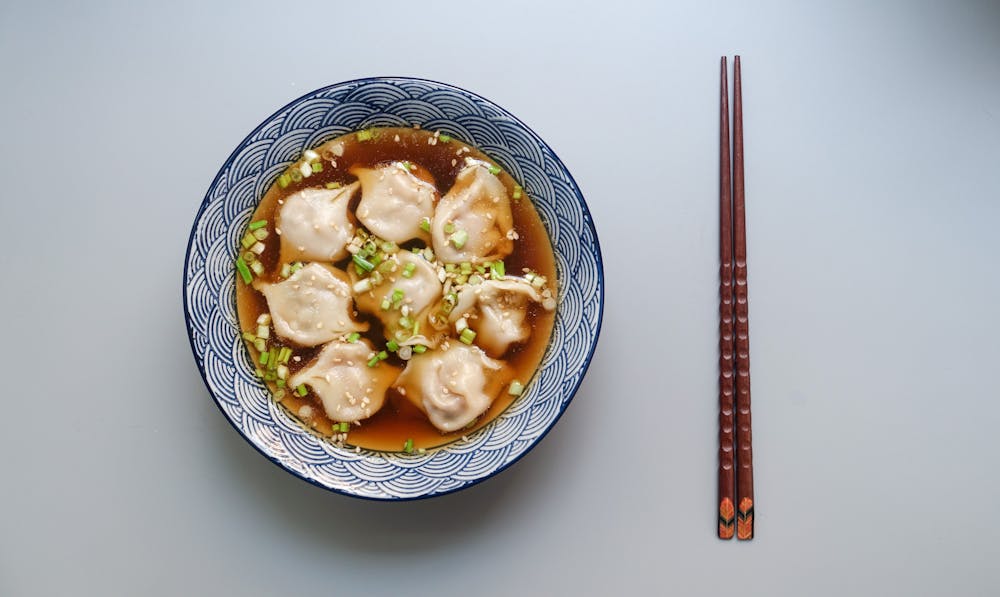 6. **Embrace Freezer Meals:** Prepare freezer-friendly meals in advance and store them for busy days when you need a quick and convenient option. Soups, stews, casseroles, and burritos are all great candidates for freezer meals that can be easily reheated and enjoyed at a moment’s notice.
6. **Embrace Freezer Meals:** Prepare freezer-friendly meals in advance and store them for busy days when you need a quick and convenient option. Soups, stews, casseroles, and burritos are all great candidates for freezer meals that can be easily reheated and enjoyed at a moment’s notice.
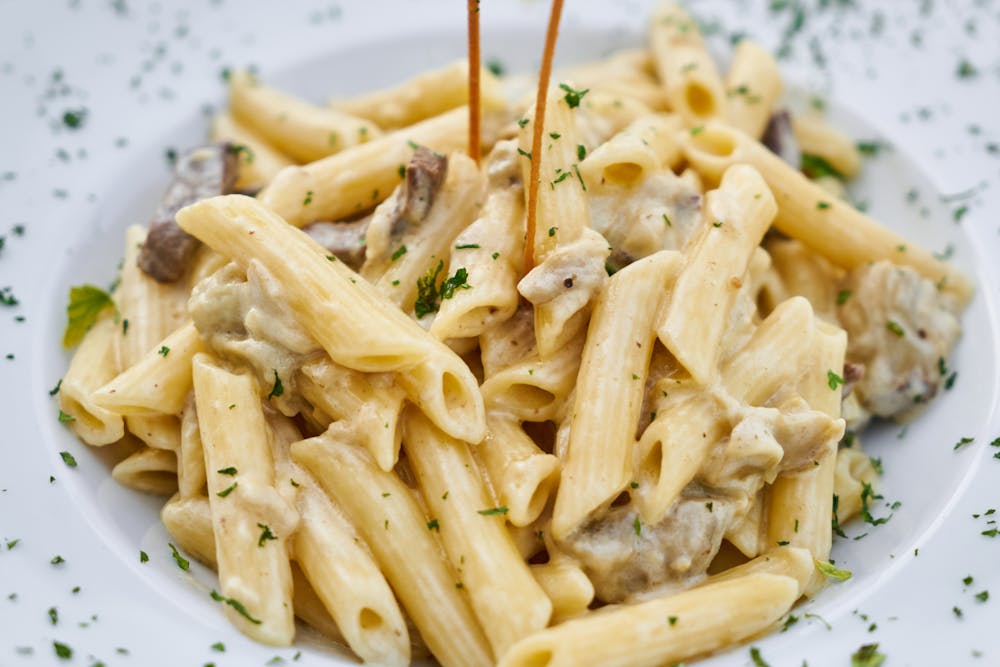 7. **Stay Flexible:** While it’s important to have a meal plan in place, it’s also important to stay flexible and adapt to changes as needed. Life can be unpredictable, and unexpected events or last-minute cravings may arise. Having a few backup options on hand can help you stay on track even when plans change.
7. **Stay Flexible:** While it’s important to have a meal plan in place, it’s also important to stay flexible and adapt to changes as needed. Life can be unpredictable, and unexpected events or last-minute cravings may arise. Having a few backup options on hand can help you stay on track even when plans change.
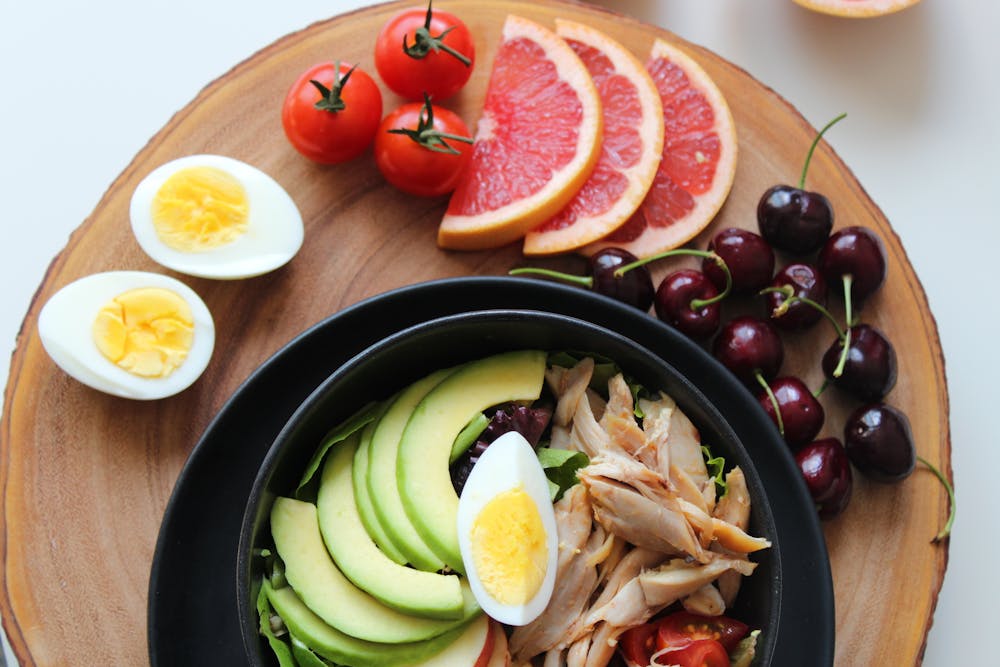 8. **Shop Smart:** Use your meal plan as a guide for creating a shopping list and stick to it when grocery shopping. Choose fresh, seasonal ingredients whenever possible and buy in bulk to save money. Consider shopping at farmers’ markets or joining a community-supported agriculture (CSA) program to support local farmers and access fresh, seasonal produce.
8. **Shop Smart:** Use your meal plan as a guide for creating a shopping list and stick to it when grocery shopping. Choose fresh, seasonal ingredients whenever possible and buy in bulk to save money. Consider shopping at farmers’ markets or joining a community-supported agriculture (CSA) program to support local farmers and access fresh, seasonal produce.
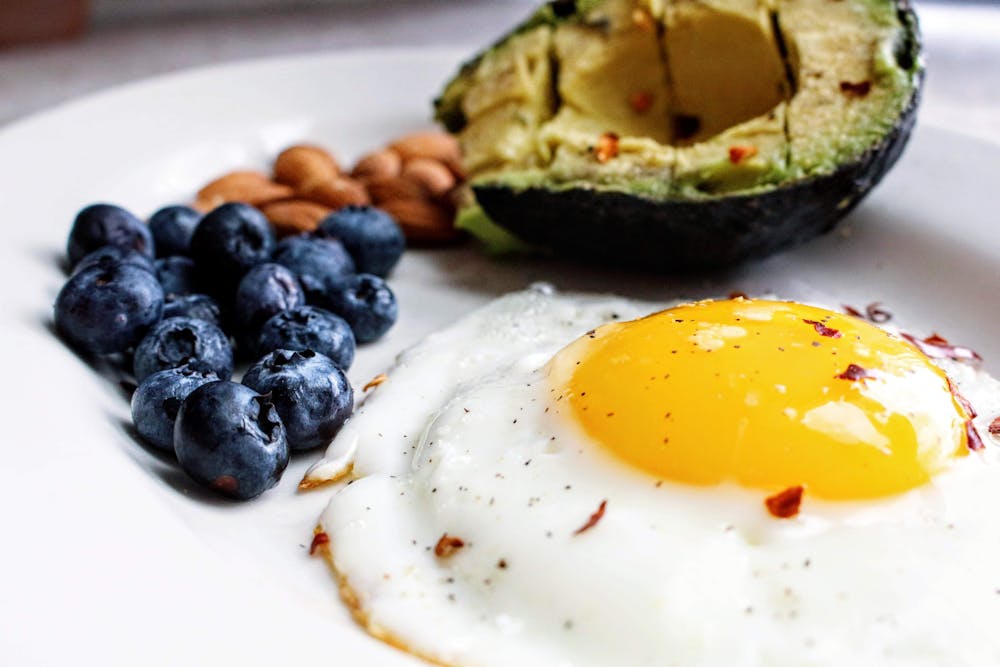 9. **Celebrate Variety:** Incorporate a variety of flavors, textures, and cuisines into your meal plan to keep things interesting and enjoyable. Experiment with new recipes, ingredients, and cooking techniques to expand your culinary repertoire and keep your taste buds engaged.
9. **Celebrate Variety:** Incorporate a variety of flavors, textures, and cuisines into your meal plan to keep things interesting and enjoyable. Experiment with new recipes, ingredients, and cooking techniques to expand your culinary repertoire and keep your taste buds engaged.
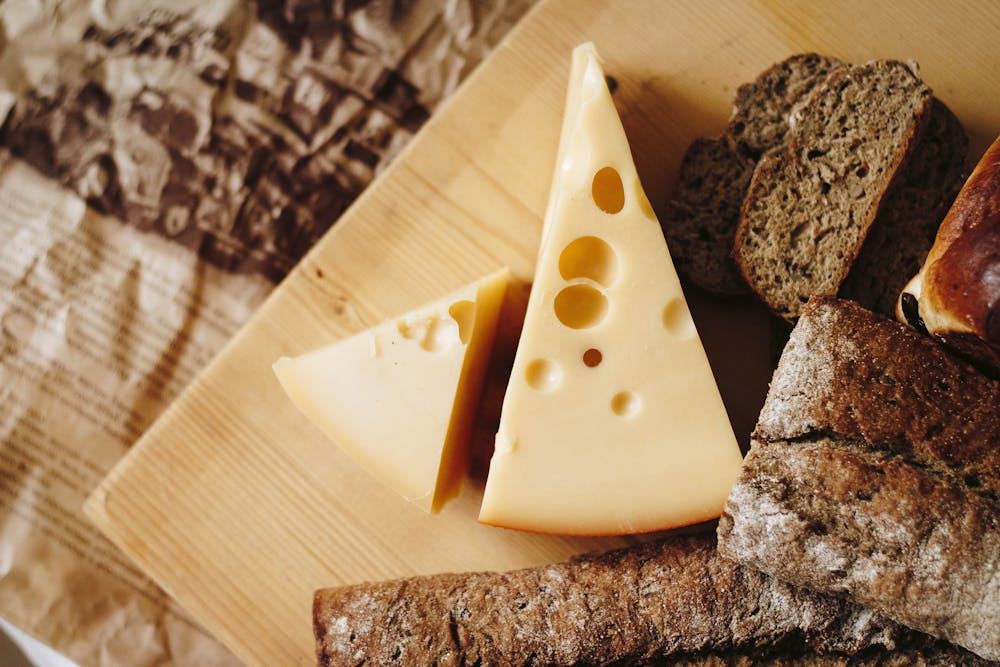 10. **Practice Self-Compassion:** Remember that meal planning is a skill that takes time and practice to master. Be kind to yourself and allow room for experimentation, creativity, and imperfection along the way. The goal is progress, not perfection.
10. **Practice Self-Compassion:** Remember that meal planning is a skill that takes time and practice to master. Be kind to yourself and allow room for experimentation, creativity, and imperfection along the way. The goal is progress, not perfection.
 In conclusion, meal planning is a powerful tool for promoting healthy eating habits, saving time and money, and reducing stress around meal times. By setting aside time for planning, prioritizing balanced meals, embracing batch cooking and prep, and staying flexible and adaptable, we can streamline our meal preparation process and set ourselves up for success in achieving our nutritional goals. As I continue to refine my meal planning skills, I’m excited to explore new recipes, flavors, and culinary adventures while nourishing my body and fueling my life with delicious and nutritious meals.
In conclusion, meal planning is a powerful tool for promoting healthy eating habits, saving time and money, and reducing stress around meal times. By setting aside time for planning, prioritizing balanced meals, embracing batch cooking and prep, and staying flexible and adaptable, we can streamline our meal preparation process and set ourselves up for success in achieving our nutritional goals. As I continue to refine my meal planning skills, I’m excited to explore new recipes, flavors, and culinary adventures while nourishing my body and fueling my life with delicious and nutritious meals.
